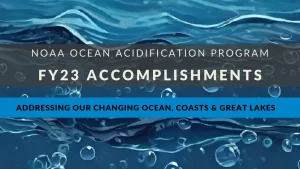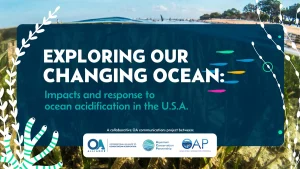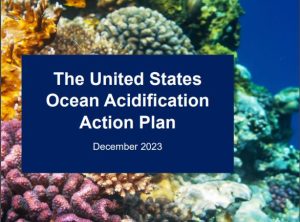US EPA
The position is through Oak Ridge Institute for Science and Education (ORISE) and is with the U.S. Environmental Protection, National Health and Environmental Effects Research Laboratory located in Newport, Oregon on the campus of the Hatfield Marine Science Center.
This individual selected for this position will work on a research project focused on identifying the causes of coastal acidification in Pacific Northwest estuaries and the coastal ocean. Specifically, we are tracking the watershed and oceanic inputs of nitrogen and carbon to Tillamook Estuary through field sampling of nutrients, stable isotopes of nitrogen and carbon (of nitrate, ammonia, dissolved inorganic and organic carbon, and particulate organic carbon) with the goal of identifying local factors which are influencing carbonate chemistry and oxygen dynamics within the estuary.
Activities that the research participant may be involved in include:
- Field activities including sampling tributaries and bays for water chemistry and servicing water quality instrumentation.
- Compiling water quality data and maintaining laboratory records.
- Compiling scientific literature relevant to the project.
- Analyzing water quality and stable isotope data.
- Compiling data for use in development of hydrodynamic and biogeochemical model of the coast and estuary.
- Assisting with laboratory experiments addressing nutrient impacts and acidification.
- Contributing to scientific manuscripts and presentation on this research project.
Preferred candidates will have received a minimum a Master’s degree in oceanography, marine science, environmental science, or biogeochemistry within five years of the appointment start date.
The mentor for this research project is Cheryl Brown (brown.cheryl@epa.gov). The desired start date for the appointment is September 1, 2018.
To apply or for more information go to the following website:
https://www.zintellect.com/





